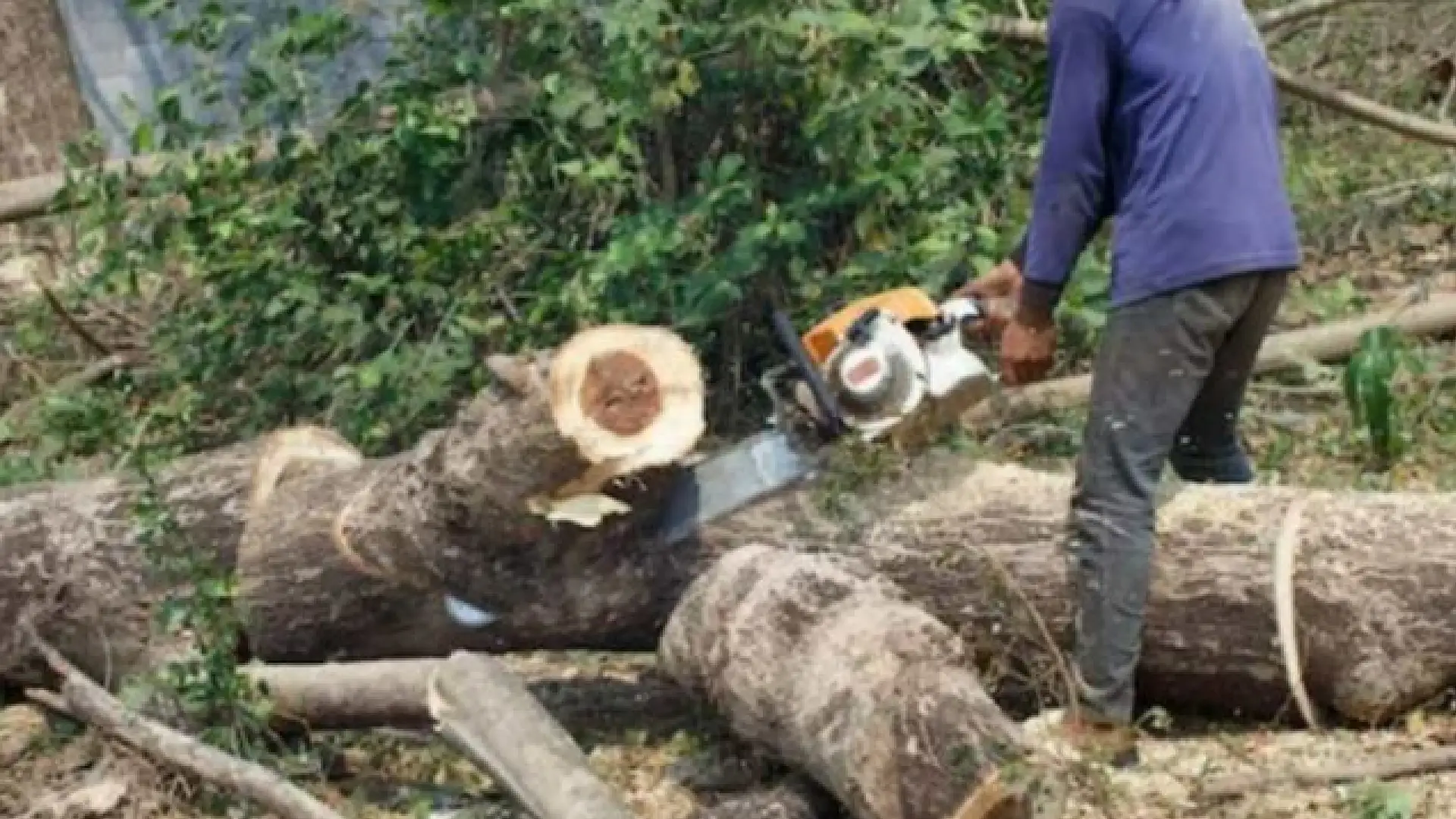The felling of 64 trees at Durga Tekdi in Nigdi has drawn sharp criticism from Pimpri-Chinchwad residents, who believe environmental legislation is being misused. These trees, including native species such as Indian beech, tamarind, peepal, and arjun, were cleared two weeks ago to facilitate radar installations. The Pimpri-Chinchwad Municipal Corporation (PCMC) sanctioned the felling under The Maharashtra (Urban Areas) Protection and Preservation of Trees Act, 1975, after conducting a prior survey.
Officials from the PCMC’s Garden Department defended the action, citing dual threats posed by the trees. Many obstructed radar operations, while some were deemed dried out and hazardous to public safety. To address concerns, authorities assured that an equal number of trees would be planted to compensate for the loss. However, residents remain unconvinced. A local stated, “Legislation meant to safeguard the environment is being exploited to justify tree felling. Urban green spaces must be protected with genuine intent.”
The controversy highlights a growing debate between urban development and environmental conservation. Citizens have urged better urban planning practices to ensure that infrastructure projects do not undermine ecological balance. The criticism underscores a larger issue—prioritising long-term sustainability over immediate developmental goals. Local voices emphasise the importance of strategic initiatives, like rerouting projects or leveraging technological advancements, to minimise environmental harm.
From a sustainability perspective, the promise to replant trees offers some hope, but questions remain about the survival and maturity of these replacements. Experts argue that mature trees contribute significantly more to carbon sequestration, air purification, and biodiversity than saplings. The situation highlights the need for stronger policies that promote harmonious coexistence of development and ecological preservation, addressing the delicate balance of urbanisation and sustainability.




